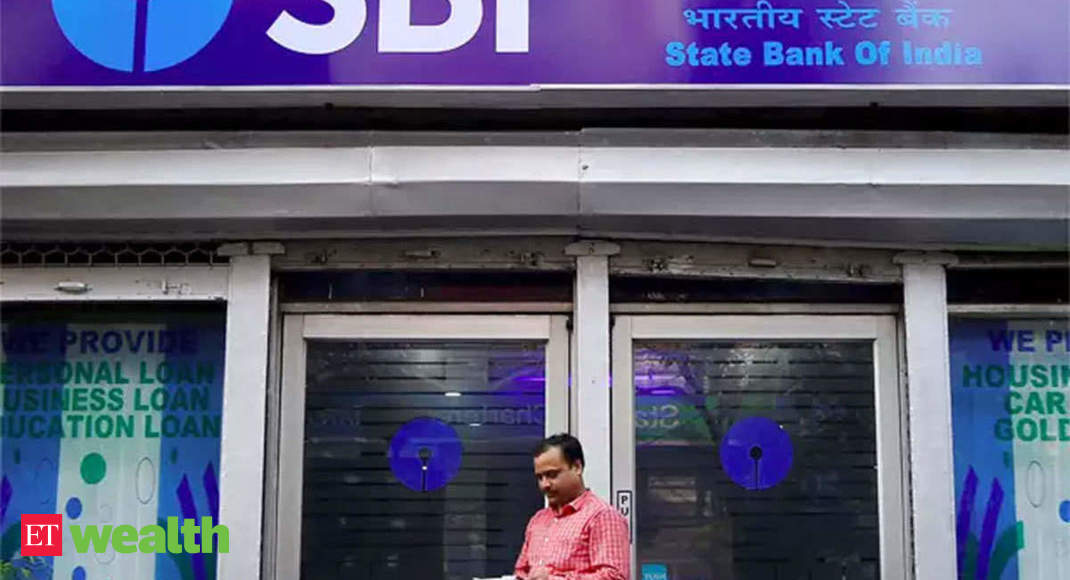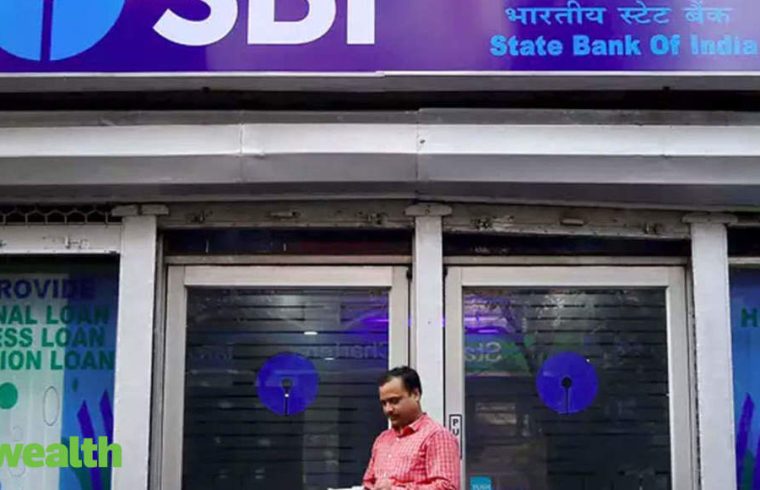
The country’s largest banker, State Bank of India (SBI), recently announced a special fixed deposit scheme for senior citizens called, SBI ‘WECARE’ Senior Citizens’ Term Deposit scheme. The scheme has been made available for investment from May 12, 2020.
According to the bank, the scheme has been launched to provide a higher interest rate to senior citizens in the current falling interest rate scenario as this category of investors are usually dependent on interest income. The launch of this scheme comes in the wake of several banks cutting interest rates on fixed deposits and savings bank accounts due to the Reserve Bank of India (RBI) cutting repo rate and reverse repo rate.
Here are the main features of this newly-launched scheme.
Who can invest in it?
Only resident senior citizens aged sixty years and above are eligible to invest in this scheme. The scheme is a domestic term deposit, therefore NRI senior citizens are not eligible to invest in the scheme.
What is the interest rate applicable to the scheme?
As per the details of the scheme available on the SBI website, the scheme will fetch 0.8 per cent above the interest rate applicable to the general public. For instance, with effect from May 12, 2020, the interest rate on five years fixed deposit for the general public is 5.70 per cent. If a senior citizen puts a fixed deposit under the special FD scheme, then interest rate applicable to the FD will be 6.50 per cent.
The SBI website says, ‘ Additional premium of 30 bps (over and above existing premium of 50 bps) over card rate for public‘. This would mean that any revision in the fixed deposit interest rates applicable to the general public in the future is likely to impact the interest rate applicable on the ‘WECARE’ fixed deposit scheme. (100 bps = 1%)
What is the tenure of FDs placed under the scheme?
A fixed deposit investment under this special scheme can be made for a minimum of five years and a maximum of 10 years.
How is interest payable as per the scheme?
Interest on fixed deposits under this scheme will be payable at monthly or quarterly intervals. The scheme details available on SBI’s website do not clarify whether the senior citizen has an option of receiving the interest payment at half-yearly or yearly intervals.
SBI is also yet to clarify whether the investor can opt for the cumulative option for interest on the fixed deposit. Normally, under the cumulative option, interest on a fixed deposit is payable along with the principal amount at the time of maturity.
Remember the interest, credited to the investor’s bank account, will be net of taxes deducted by the bank. For senior citizens, TDS will be deducted if the total interest in a financial year exceeds Rs 50,000. The total of interest earned on all fixed deposits, recurring deposits or any other deposits held with the bank would be taken into account for the purpose of TDS. Interest credited in a savings bank account is not subject to TDS.
Last date of investing in the scheme
The scheme is open between May 12, 2020, and September 30, 2020.
How to invest in the scheme?
A senior citizen can invest in the scheme by visiting a SBI bank branch. Existing customers of SBI can also place the FD via net banking and/or via Yono app of the bank.
Loan against fixed deposits
In case of emergency, a senior citizen can take a loan against the fixed deposits, as per the SBI website.
Premature withdrawal of the FDs under the scheme
As per the bank’s press release, the additional interest i.e. 30 bps under the scheme will not be payable in case of premature withdrawal of the fixed deposit placed under the scheme. Therefore, if you opt for premature withdrawal of a FD under the scheme, your fixed deposit investment will fetch only 0.50 per cent above the interest rate applicable to the general public i.e. 6.20 per cent.
Should you invest in the scheme?
If a senior citizen is looking for reasonable return as well as safety of his/her principal money, then there are other options as well that are offering higher interest rate as compared to SBI special FD.
For instance, senior citizens savings scheme (SCSS) is currently offering 7.4 per cent per annum. The interest rate differential between SBI FD and SCSS is 0.90 per cent. SCSS also allows premature withdrawal albeit by paying some penalty. The tenure of the SCSS scheme is also five years.
As per the SCSS rules, if the scheme account is closed before 1 year, no interest will be payable and will be recovered if already paid. If the account is closed after one year, then an amount equal to 1.5% of the deposit is to be deducted. Similarly, if the scheme account is closed after 2 years, then 1% of the deposit will be deducted. The maximum amount that can be deposited in the scheme is Rs 15 lakh.
Interest rates on different schemes available to senior citizens
| Scheme Name | Interest Rate (%) |
| SBI Special FD scheme | 6.50 |
| Senior Citizen Savings Scheme | 7.40 |
| Post office Monthly Income Scheme | 6.60 |
| Five Year post office time deposit | 6.70 |
| RBI taxable bonds | 7.75 |
Other post office schemes such as five-year post office time deposit is currently offering 6.7 per cent and Post office monthly income scheme account is offering 6.6 per cent per annum which is slightly higher than the interest rate on SBI special FD for senior citizens.
Another option is RBI’s 7.75 per cent taxable bonds. The interest rate differential right now is 1.25 per cent. Though the bonds have a tenure of seven years, however, senior citizens do have the option of premature withdrawal.
For a senior citizen aged between 60 to 70 years, the lock-in period is six years from the date of issue. For those aged between 70 to 80 years, the lock-in is for five years and for any senior citizen above 80 years of age, a four year lock-in will be applicable. The cost of premature withdrawal is 50% of interest due and payable for the last six months of the holding period will be recovered in such cases, both in respect of cumulative and non-cumulative bonds.
Therefore, a senior citizen should evaluate all the features of the scheme and not just the interest rate before making any investment.







